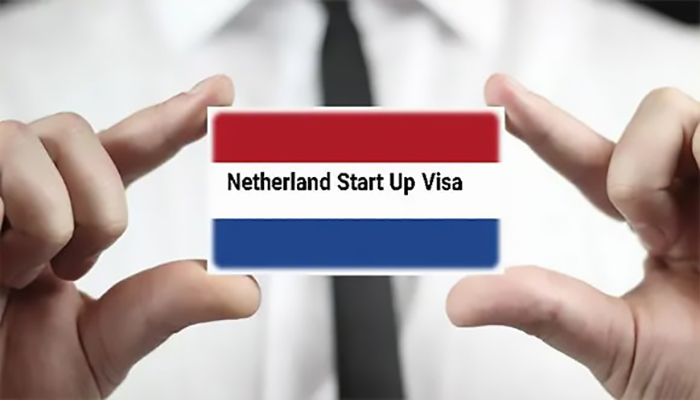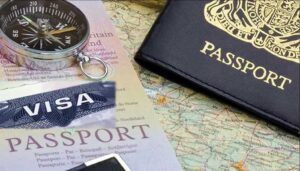Netherlands Startup Visa

Netherlands Startup Visa: Comprehensive Guide
Introduction
The Netherlands Startup Visa is a special residency permit aimed at attracting innovative entrepreneurs from around the world. It offers an opportunity to establish a business in one of Europe’s most business-friendly countries, providing a solid base for startups to scale globally. This guide provides detailed information about the advantages, conditions, requirements, and the visa application process.
Advantages of the Netherlands Startup Visa
- Gateway to Europe: Access to the European market and its 500+ million consumers.
- Innovation Ecosystem: The Netherlands is known for its advanced technology infrastructure, innovation hubs, and supportive business environment.
- Networking Opportunities: Connect with mentors, investors, and industry leaders.
- Access to Talent: Tap into a highly skilled and multilingual workforce.
- Supportive Environment: Beneficial government policies, tax incentives, and access to funding.
- Family Inclusion: Visa holders can bring their family members, who can also work or study in the Netherlands.
Conditions for the Netherlands Startup Visa
- Innovative Business Idea: The startup should offer a unique product, service, or process.
- Facilitator Partnership: You must work with an approved facilitator (business mentor) who helps guide the startup.
- Economic Benefit: The business should contribute positively to the Dutch economy or society.
- Residence Requirements: You must reside in the Netherlands for at least the duration of the visa.
- Business Plan: A clear and feasible business plan is mandatory.
Requirements for the Netherlands Startup Visa
- Valid Passport: A passport valid for at least six months.
- Proof of Financial Means: Evidence showing sufficient funds to support yourself (and your family, if applicable) during the stay.
- Facilitator Agreement: A signed agreement with a recognized facilitator.
- Business Plan: Detailed plan outlining the innovation, market potential, and business strategy.
- Application Fee: Payment of the required visa application fee.
- Health Insurance: Proof of Dutch health insurance coverage.
- No Criminal Record: You must provide a certificate of good conduct.
Netherlands Startup Visa Process
- Research and Preparation:
- Identify an approved facilitator.
- Develop a comprehensive business plan.
- Facilitator Agreement:
- Establish a partnership with a recognized facilitator.
- Obtain their endorsement.
- Application Submission:
- Apply through the Immigration and Naturalisation Service (IND).
- Include all required documents and pay the application fee.
- Evaluation:
- The IND reviews the application in collaboration with the Netherlands Enterprise Agency (RVO).
- Decision:
- Once approved, a one-year residency permit is granted.
- Residence and Business Setup:
- Arrive in the Netherlands and register your startup.
- Open a bank account, secure health insurance, and fulfill local tax requirements.
- Extension or Transition:
- After one year, transition to a regular self-employed visa or other residency permits, depending on business progress.
Tips for a Successful Application
- Strong Facilitator Partnership: Choose a facilitator with relevant experience and a strong track record.
- Detailed Business Plan: Clearly outline the innovation, target market, and scalability of your business.
- Thorough Documentation: Ensure all documents meet IND requirements.
- Early Preparation: Start the process well in advance to avoid delays.



